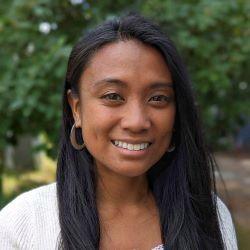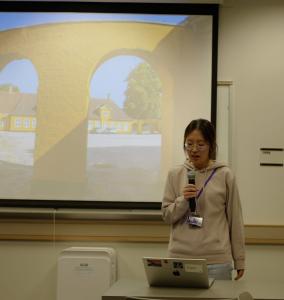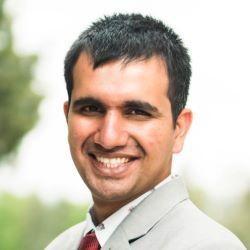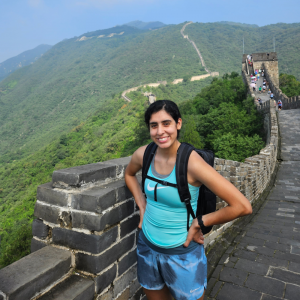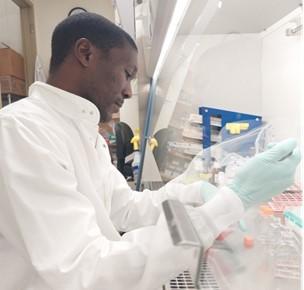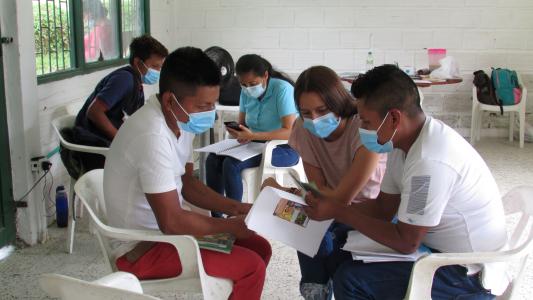January 02, 2024 | Department News
January 02, 2024 | Department News
Q&A With Yuwei Wang
Research Assistant with Keshet Ronen, Top Scholar Award, Provost Award
PhD in Implementation Science program
Please tell us a little bit about yourself.
January 02, 2024 | Department News
Q&A With Akash Malhotra
START Center Research Assistant, Provost Award
PhD in Implementation Science program
Please tell us a little bit about yourself.
January 01, 2024 | Department News
Q&A With Rebecca Villa
Research Assistant, and Achievement Rewards for College Scientists (ARCS) Foundation Fellowship
PhD in Pathobiology program
Please tell us a little bit about yourself.
January 01, 2024 | Department News
Q&A With Brekken Cogswell
Recipient of GSEE Graduate Excellence Award Research Assistantship
Master of Public Health program
Please tell us a little bit about yourself.
January 01, 2024 | Department News
Q&A With Tonny Owalla
Research Assistant, Kenny Endowed Fellowship Recipient, and UW Fellow for Academic Excellence
PhD in Pathobiology program
Please tell us a little bit about yourself.
January 01, 2024 | Department News
Q&A With Kathleen Agudelo Paipilla
Research Assistant and Recipient of School of Public Health Dean Office Fellowship
Master of Public Health program
Please tell us a little bit about yourself.
January 01, 2024 | Department News
Q&A With Abigail Mulugeta
START Research Assistant
Master of Public Health program
Please tell us a little bit about yourself
January 01, 2024 | Department News
Q&A With Nowreen Sarwar
Department of Global Health Excellence Fellowship
Master of Public Health program
Please tell us a little bit about yourself.
January 01, 2024 | Department News
